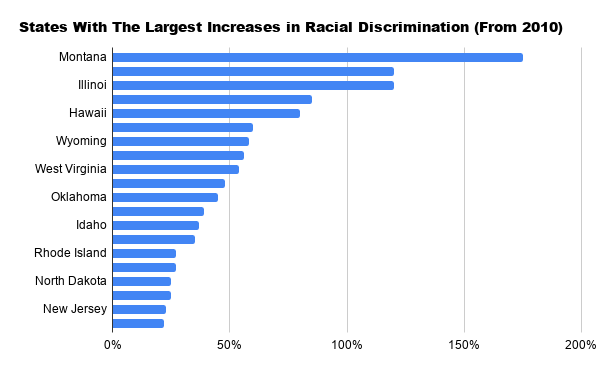Skin Color Is Not A Reasonable Suspicion
The Drug War has created deeply unequal results across ethnic classes, demonstrated by racial profiling endured by people of color populations by law enforcement and systemic drug war suffering. The effect of the unequal enforcement of drug laws reaches the many different communities of color, but some of the most significant ethnic inequalities in the case of African Americans and Latinos can be seen nationally.
The “Drug War” is a term that is most commonly used to refer to the government-led campaign aimed at stopping illicit drug distribution, use, and trade by significantly raising jail terms for drug traffickers and consumers alike. This growing movement, which began in the 1970s has attracted different reactions ranging from full support to allegations that it has racist and political goals. In an interview with Frontline Magazine, civil-rights advocate and best-selling author Michelle Alexander spoke about the war on drugs, how it produced a system dedicated to mass incarceration, and how it has affected the country today. Mass incarceration is a vast system of racial and social control, where people are put into the criminal justice system, labeled as criminals and felons, and get locked up on longer sentences than most other countries. Countries that incarcerate people who have been convicted of the same crimes, but do not serve as long sentences when compared to the United States. When released, these convicts are forced into a second-class status, stripped of their essential civil and human rights, including their right to vote, serve on juries, and to be free of discernment in employment, housing, and access to public benefits.
Looking at the history of incarceration and the justice system, in the 1970s, criminologists believed that in a few years, the rate of incarceration would become more stable than it already was. Around 100 out of 100,000 people were incarcerated up until the early 1970s when there was a sudden increase in the number of people being convicted in the United States. Frontline Magazine writes, “more than a 600 percent increase” in incarceration from the late 1970s until around the 2000s. The extraordinary growth in the prison population was a result of the War on Drugs, which was declared in the 1970s by President Richard Nixon, and has increased with every President ever since. It has created a battle that aims at the primarily non-violent offenders and drug offenders and has resulted in one of the strictest penal systems in world history.
A lot of people might ask: If America has a higher incarceration rate than other countries, do we have a higher crime rate than other countries too? The only answer to that is a solid no. According to Forbes, the United States actually has a lower crime rate than other countries in the world, yet the incarceration rate is six to ten times higher. The conclusion can be made that it is not the crime that makes this country more disciplinary, but how law enforcement responds to crime and how this society views those who are labeled as “criminals.” Incarceration rates for drug offenses, specifically, have dramatically increased since the 1980s and because of mandatory sentencing laws that determine who goes to prison on a drug charge and how long they spend in prison, nonviolent drug offenders make up around one-fourth of the inmate population in the United States. This destroys families and leaves children in single-parent homes, a fact that is particularly true when it comes to low-income black families. Despite higher usage rights among white Americans, according to Reason Magazine, black Americans are three times more likely to be arrested for possession.
In 2013, the American Civil Liberties Union released a report, titled “A Tale of Two Countries: Racially Targeted Arrests in the Era of Marijuana Reform,” showing that black people were “3.7 times more likely” to be arrested for the possession of marijuana when compared to Whites. The report investigated marijuana possession arrests from 2010 until 2018, and seven years and thirty-three medical marijuana laws later, racial inequalities in arrest on drug possession remain the same, and in some states such as Montana and Kentucky, black Americans are nine times more likely to be arrested for possession.
Although there have been various controversial claims made about the Drug War, one thing that every American should agree on is the fact that many policies that are passed have a negative effect on black families that live in the community, and the worst of them all is the War on Drugs. John McWhorter from the Cato Institute, wrote “It has become a norm for black children to grow up in single-parent homes, their fathers away in prison for long spells and barely knowing them. In poor and working-class black America, a man and a woman raising their children together is, of all things, an unusual sight.” And the Drug War is a major cause of this stereotype. As an increasing number of black men living in the United States get falsely arrested and children go fatherless, increasing their risk of being discriminated against, in an already unfair society. But, because of movements that have sparked across the country and the world such as Black Lives Matter, this issue is being brought to the spotlight to prevent the destruction of families just because of the color of someone’s skin.






